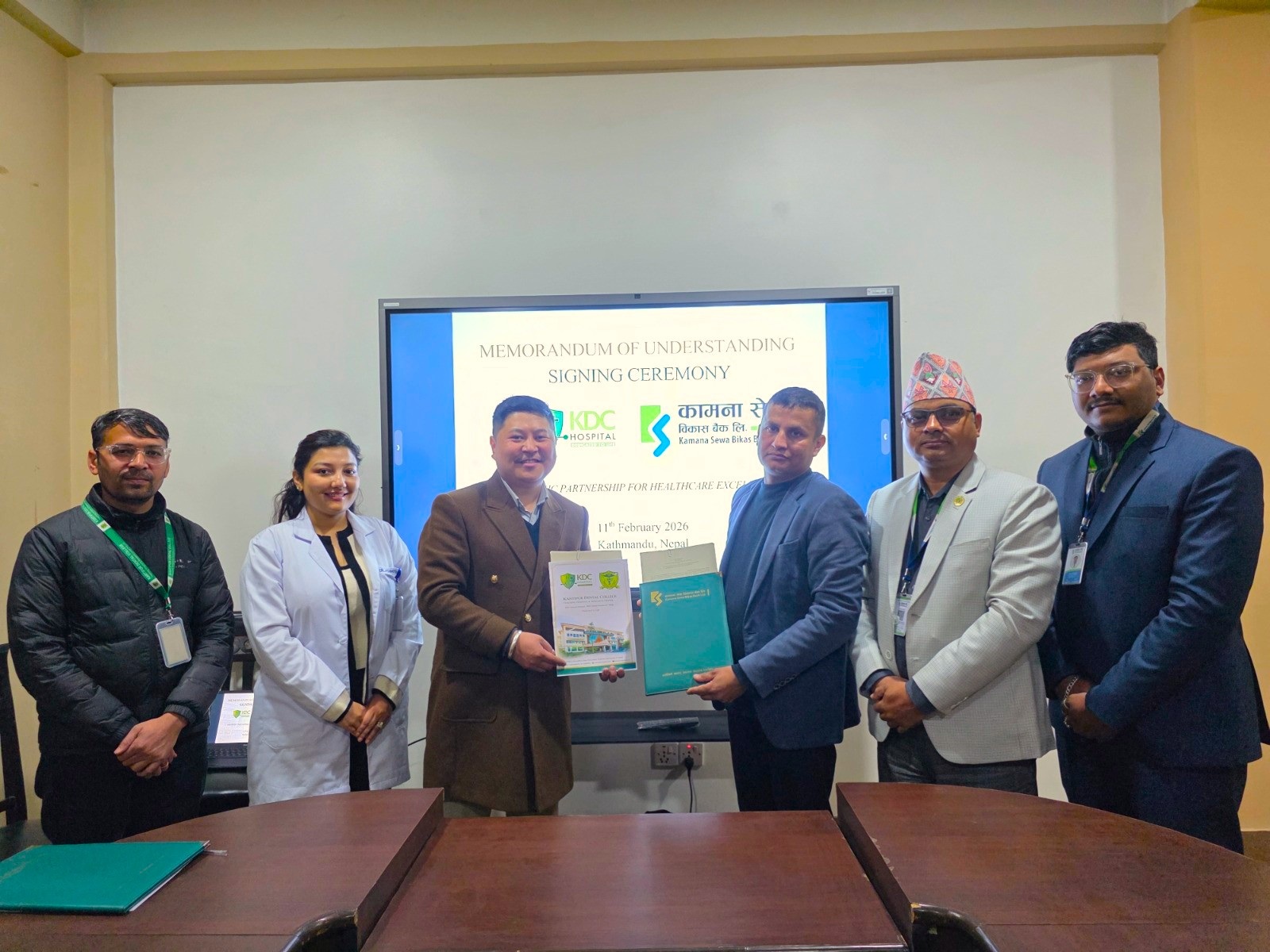FAO and FECOFUN Collaborate to Advance Nepal’s Community-Based Forest Management & Green Economy
29th July 2025, Kathmandu
Ken Shimizu, FAO Representative for Nepal and Bhutan, held a meeting with Mr. Thakur Bhandari, Chairperson of the Federation of Community Forestry Users Nepal (FECOFUN), aimed at reinforcing the continuous partnership between the two organizations on advancing community-based forest management, building climate resilience, and fostering inclusive, participatory governance in Nepal’s forestry sector.
FAO and FECOFUN Collaborate
Nepal’s community forestry model—organized by more than 23,000 Community Forest User Groups (CFUGs) managing approximately 2.4 million hectares of forest—has established Nepal as a globally recognized example of people-centered natural resource management.
It has empowered over 16 million people, contributing to environmental conservation, improved livelihoods, and grassroots democracy.
During the meeting, Mr. Shimizu and Mr. Bhandari emphasized the need to promote forest-based enterprises, create green employment opportunities, and strengthen local economies—particularly for women, youth, and indigenous groups.
They also explored potential collaboration in enhancing FECOFUN’s leadership in developing and operating digital data systems and online market platforms that ensure transparency, accountability, and efficiency in forest resource management.
Mr. Shimizu acknowledged FECOFUN’s role as a strategic partner in implementing Building a Resilient Churia Region in Nepal, Forests Farm Facility, and in advancing community-led forest governance.
He commended the organization’s efforts in empowering women leaders, facilitating access to climate finance, and scaling sustainable forest-based enterprises. Reflecting on his recent field visit to Forest and Farm Facility (FFF) program sites in the Churia and Eastern Himalayan regions, and underlined the transformative potential of integrating conservation with livelihood improvement.
Welcoming Mr. Shimizu to the FECOFUN office, Mr. Bhandari expressed his appreciation for FAO’s ongoing support and engagement in Nepal’s community forestry movement.
He noted that the visit reflects FAO’s strong commitment to grassroots leadership and sustainable forest governance. Mr. Bhandari reiterated FECOFUN’s readiness to collaborate with FAO in areas such as climate adaptation, green economy, and inclusive policy reform, ensuring that forest users remain at the forefront of Nepal’s environmental and developmental goals.
About FAO Nepal
The Food and Agriculture Organization of the United Nations (FAO) has a long and impactful history in Nepal, dating back to 1951 when it became the first UN agency to establish a presence in the country. Since then, FAO has been a steadfast partner in Nepal’s journey towards sustainable agricultural development, food security, and improved rural livelihoods. Its work is deeply intertwined with Nepal’s national development priorities, focusing on addressing the unique challenges faced by this mountainous, agrarian nation.
At its core, FAO’s mission in Nepal aligns with its global mandate: to defeat hunger and ensure that all people have regular access to enough high-quality food to lead active, healthy lives. In Nepal, this translates into a multifaceted approach that encompasses a wide range of initiatives. From enhancing agricultural productivity and promoting resilient farming practices in the face of climate change to strengthening food systems, improving nutrition, and empowering rural communities, FAO’s interventions aim for a holistic and lasting impact.
A notable area of FAO’s success in Nepal is its collaboration in the globally acclaimed community forestry model. This pioneering approach has empowered over 16 million Nepalese to manage approximately 2.4 million hectares of forest, contributing significantly to environmental conservation, improved livelihoods, and grassroots democracy. Beyond forestry, FAO supports Nepal in various sectors, including livestock, fisheries, and water management, always with a strong emphasis on capacity building, institutional development, and policy support. The organization also plays a crucial role in providing urgent humanitarian and rehabilitation support during natural disasters, which are unfortunately a recurrent challenge for Nepal. Through its commitment to inclusive and sustainable development, FAO continues to be a vital partner in building a more food-secure and resilient Nepal.
For more: FAO and FECOFUN Collaborate







